In my journey as a storyteller, I've always been captivated by the power of narratives and the influence they have. Though, nothing has been more striking and frustrating than the imbalances presented by Western media, especially when it concerns the ongoing Palestinian struggle.
These biases aren't new, but lately, impossible to ignore.
As the pattern goes, instead of presenting multi-faceted truths, Western outlets pigeonhole Palestinians into an 'enemy' role, completely overlooking the depth of their experiences.
It feels as if a selective, skewed narrative is not just being reported, but heavily promoted.
But, while mainstream Western media might be dominating our screens, we are not powerless.
Through social media, grassroots journalism and even humble blogs like this, we have the power to share a more-informed and accurate truth.
So, let's dive into the specific elements of western media we need to be mindful of when seeing such news, plus how we can continue to raise the voices of our fellow Palestinians.
The Power of Language
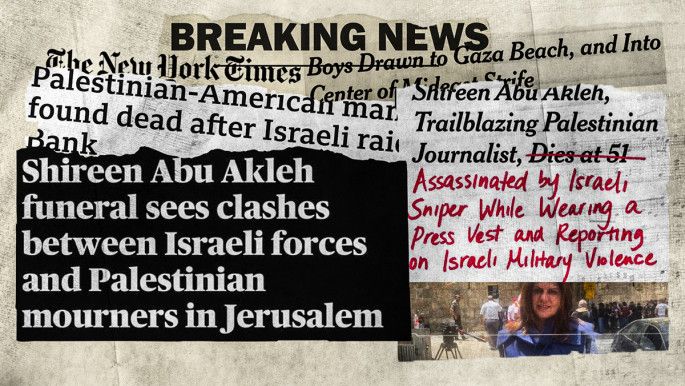
Headlines aren't accidental in the intellectual world of Journalism.
With all their boldness, headlines play a key role in shaping an average person's understanding of world affairs. Their very purpose is to capture our attention, but often they're the gatekeepers to the much larger narrative.
Since the colonial era, Western media's portrayal of the Palestinian story has been incomplete and misleading.
So much of this is down to the power of language.
Consider the difference between headlines that read:
"Palestinians clash with Israeli Nationalists..." vs "Palestinians remain subject to demolitions, expulsions and attacks.."
The former headlines removed any blame from the aggressor, while the latter is telling the story as it is.
The linguistic details matter.
Western media adopts such phrases to amplify the Israeli narrative and neglect Palestinian voices and realities.
For the uninformed reader solely relying on these outlets for knowledge, the narrative appears balanced, if not completely bias.
Phrases such as, "the right to defend itself" stands as an out-of-context sentence used time and time again to champion the actions of the wrong-doers – the occupiers.
It's our job to recognise these tactics and see beyond the carefully-crafted words that major media outlets continue to push.
It's our job to really understand the events that are unfolding on the ground.
Removal of Historical Context of Palestine
Another tactic of the Western media is to completely sideline the historical context behind this conflict.
By glossing over key events and truths, there's a dangerous potential to deny Palestinians their rightful claims and grievances.
Let's break down some of these pivotal historical points:
- Stolen Lands: Israeli settlements didn't just appear; they were constructed on lands stolen from Palestinians, a consequence of the cataclysmic events of the 1948 Nakba.
- The 1948 Nakba: Often referred to as the ethnic cleansing of Palestine, this was a deliberate military operation to erase Palestinian towns and villages, paving the way for the expansion of the Zionist state. The repercussions were profound:
- An estimated 750,000 Palestinians were forcibly evicted from their homes.
- Thousands of Palestinians were either massacred or displaced to neighboring countries, including Lebanon, Syria, Jordan, and Egypt.
- Living under Occupation: The Palestinians who remained within the newly declared "State of Israel" found themselves living under a highly controlled military occupation, their rights and movements severely short-lived.
- The Gaza Siege: In recent history, for over 16 years, Israel has enforced a crippling blockade on Gaza, trapping over 2 million Palestinians and depriving them of essential human rights. The spirit of resistance among Palestinians is not just a rebellion against this siege but a broader fight for freedom and dignity.
By excluding these points, Western media simplifies a deeply complex and painful history.
It continues to do complete injustice to the lived realities of Palestinians.
The Strong Visual Biases
In today's digital age, an image or a short video clip can instantly go viral. They shape public opinion and are often more powerful than any words.
Though this is something to be mindful of when it comes to Western media outlets. The selection and use of these visuals in media can still reveal overt biases.
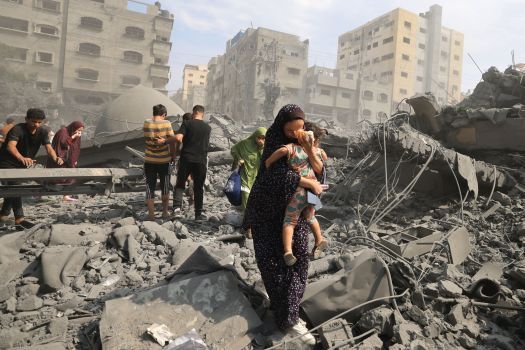
Here's some ways visuals can distort the truth:
- The 'Why' Behind the Imagery: It's essential to question why certain images are showcased while others are suppressed. A picture of an armed Palestinian might be prominently displayed, while images of Israeli soldiers detaining Palestinian children are hidden. This distorts the perception of the "aggressor" and the "victim".
- The Absence of Palestinian Suffering: There is huge disparity in the representation of 'suffering' in mainstream visual media. While images of occupiers seeking shelter during attacks might be widespread, there's a glaring absence of the daily struggles, casualties, and grief of the Palestinians. Children playing amidst the rubble of their destroyed homes, families mourning their loved ones, or even the sheer scale of devastation in places like Gaza rarely receive consistent coverage.
- The Danger of Decontextualisation: A solitary image without its broader context can mislead. An image of a Palestinian youth throwing a stone can be weaponised to represent aggression. Still, when one doesn't see the heavily armed soldiers or the looming separation wall in the frame, the story remains incomplete and distorted.
Visual biases work on a subconscious level.
In a world that increasingly relies on visuals for information, it's crucial for readers and viewers to critically analyze what is being shown (and what's being left out).
The saying goes, "A picture is worth a thousand words." But in the Israel-Palestine narrative, it's essential to ask, "Which words? Whose narrative?".
A Stand for Truth.
In an age where misinformation and mis-representation can spread like wildfire, the demand to hold up the truth is stronger than ever.
The Palestinian struggle is a continuing tale of lost human rights, lost homes, generations growing up amidst the rubble, and resilient hopes refusing to be crushed.
We can all do our part to question what we see and read, find the truth, and elevate the voices of the suppressed.
In a world that distorts public opinion on a daily basis, it's for us to push the narratives we know to be true, in any capacity in which we hold.

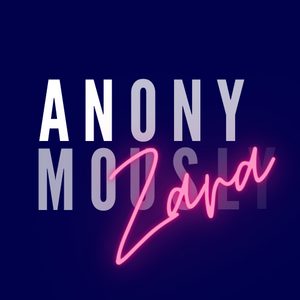
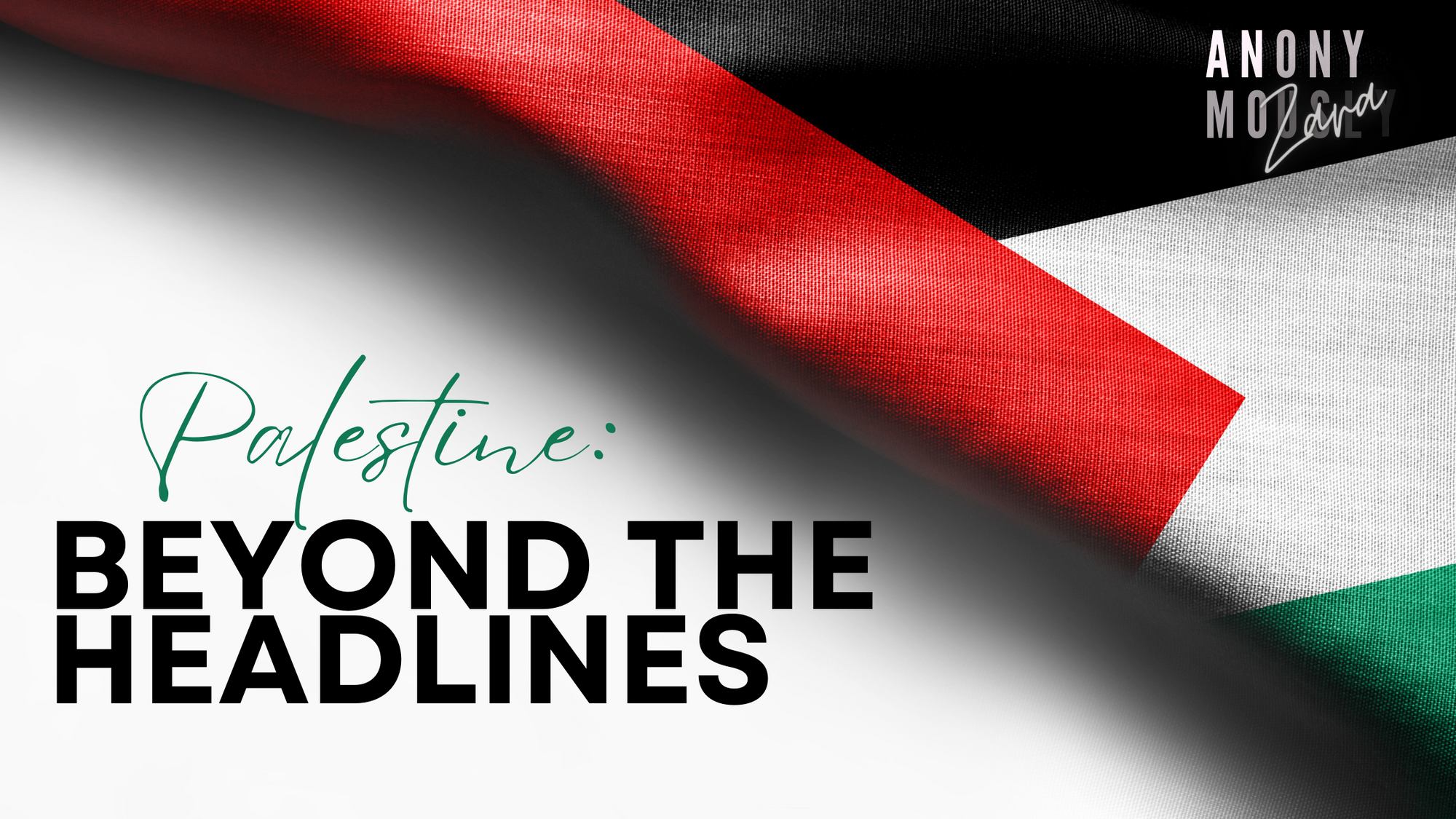


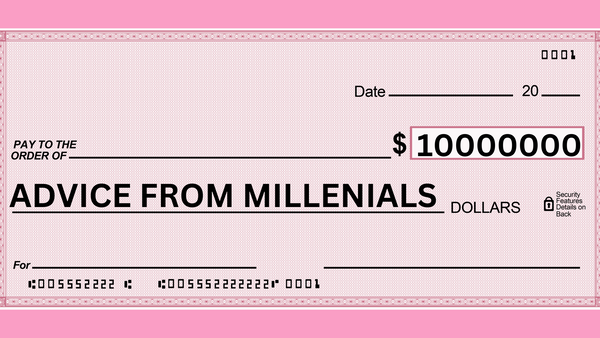

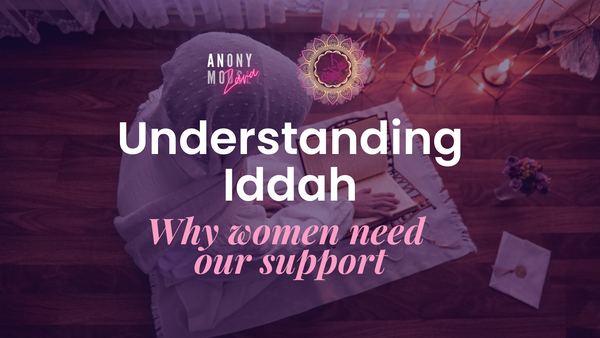
Member discussion